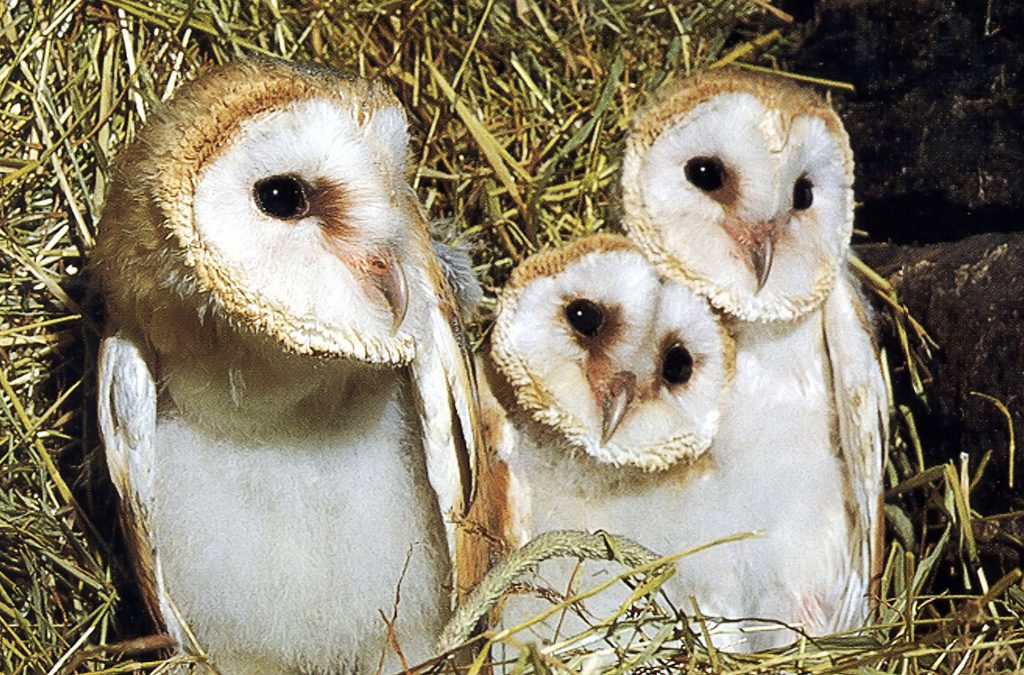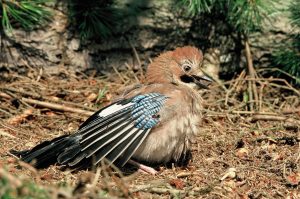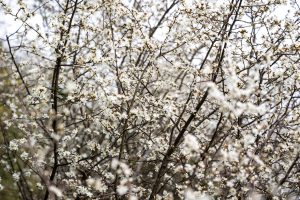The Benefits of Nature, Birds & Wildlife
Each of us has our own reasons for being interested in nature, and birds in particular. For some people the reasons are scientific, recording spring migrants and the numbers of any given species visiting the garden. For others there is twitching, and getting as many ‘ticks' on any one of a number of different lists covering lifers, annuals or county rarities. But for many, the desire to feed and see the birds is for no other reason than for the enjoyment of doing so, and there's nothing wrong with that.
At this time of year, an additional incentive could well present itself, the wish to help next year's birds get a good start in life. With fledgelings appearing from nest boxes in ever-increasing numbers over the coming weeks, we can feel some degree of pride knowing we've maybe provided the nest box and the food the birds are eating.
What we need to do is to try to impart some of that enthusiasm and pride into the next generation of birders and nature lovers, and there are few better opportunities to do this than to show youngsters how to feed birds, what birds like to eat and, if possible, show them the fledgelings if they appear in the garden. The younger we kick-start their interest the better before it's no longer ‘cool' to be interested in wildlife.
But there are other benefits available to those of us who may need support and help from time to time.
Nature's positive impact on mental health
Thankfully the world is becoming more and more accepting of people who take the brave step and admit that they have mental health problems. We still have a long way to go, but the stigma attached to an admission like that is reducing, and about time too! With this higher profile has come research into the benefits of many different types of treatment, including the improvements noticed by those who engage with nature.
A large number of studies have been carried out, and they have found that the more we spend time in and surround ourselves with, the natural world the better it is for our general and our mental health. Even if we don't suffer from any form of mental illness spending time in and around nature is beneficial, and that highlights something in itself. If being in touch with the natural world, taking time out to appreciate it and connecting with it in some way, helps us feel good, could it be that this urge or desire to spend time closer to animals, birds, trees and plants is more primaeval than we thought? Is it that by satisfying this need that improves our health without us even realising it?
I don't have the answers to these questions, but I'm sure, over the years to come, more and more research will be carried out, and maybe some of these questions will be answered. Until then I think we can all benefit from getting closer to the species we share the planet with. And if like me, you are naturally drawn towards the enjoyment of watching birds, then the act of feeding them and looking after, in some small way, the ones that visit our gardens etc then we've found the reason we are ‘bothering'. And as is often the case in nature, it gives something back to us in the form of enjoyment and all of the linked benefits to our own mental and physical health.
© Phil Pickin



